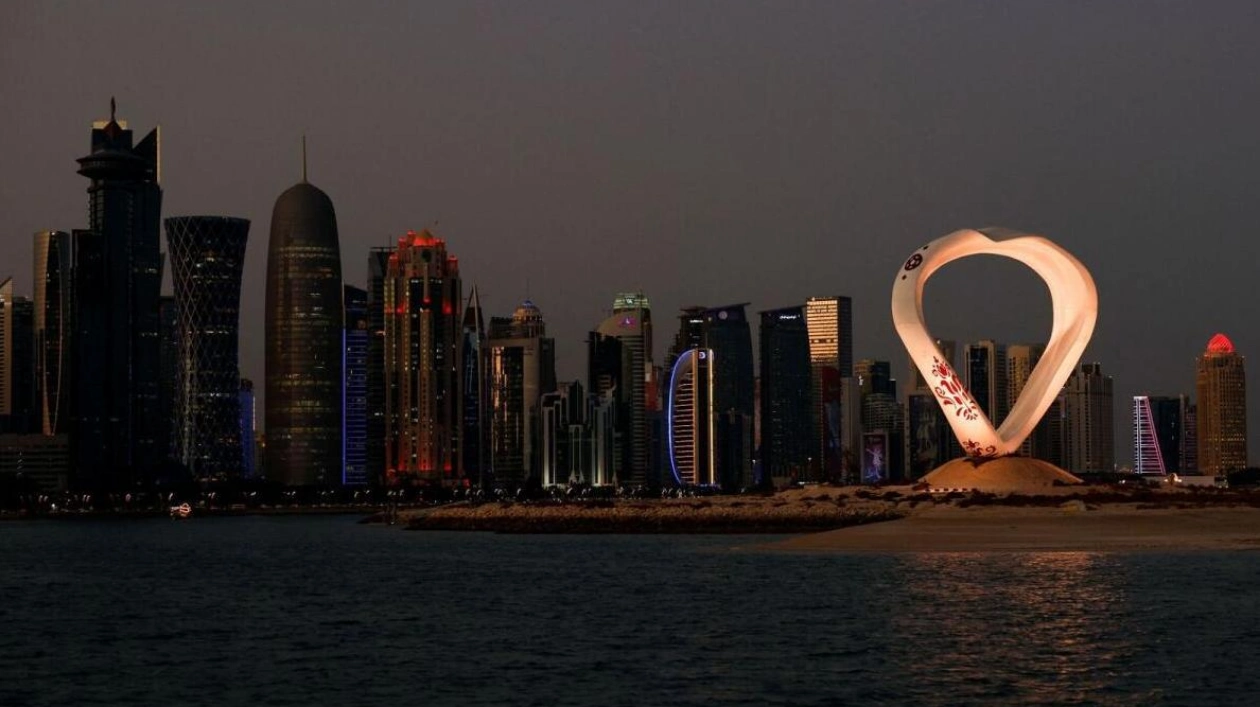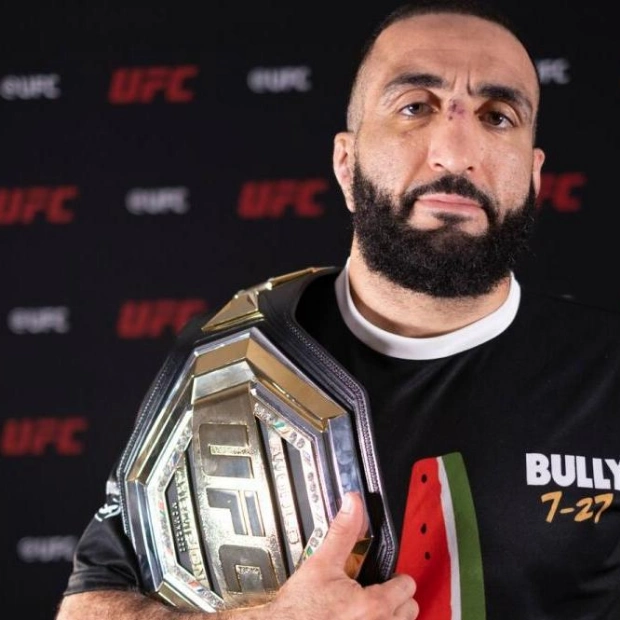Dubious websites urging a boycott of Qatar, a New York billboard aimed at the Gulf state's leadership, and a Vietnamese group disseminating numerous defamatory Facebook ads — these are all components of a complex influence campaign maligning the country while it acts as a mediator between Israel and Hamas. Researchers in the field of disinformation claim that this shadowy operation, which started late last year and involves multiple nations, is the most extensive ever directed at the affluent nation, coinciding with the ongoing nine-month conflict between Israel and the Palestinian militant group. Several of these campaigns employ Islamophobic and anti-immigrant rhetoric, including an anti-Qatar advertisement that was displayed at a US gathering of conservative politicians attended by Donald Trump, and an online change.org petition linked to a fabricated individual and organization. These online and offline initiatives, which researchers believe are interconnected through shared distribution methods, ad sponsorship, and web hosting infrastructure, demonstrate how simple it is to sully an individual's or a country's reputation in the era of misinformation while concealing the true instigators. Connecting the dots between these various campaigns led researchers and AFP to uncover a series of individuals — from a Vietnamese hacker-for-hire to an influential US educator and a Christian faith leader — all of whom seem to be hiding the mastermind behind the operations. These well-funded campaigns appear to be orchestrated to stir up animosity against Qatar in the United States, Britain, and the European Union. The apparent aim is to render any 'institutional relationship with Qatar toxic,' according to Sohan Dsouza, a London-based researcher formerly affiliated with the MIT Media Lab. It may be exploiting the Israel-Hamas conflict to 'promote a hidden anti-Qatar agenda.' Among the new websites attacking Qatar in recent months is 'Shame on Qatar' — available in English, French, and Spanish — which calls for a boycott of Qatari-owned entities such as Harrods, Paris Saint-Germain football club, and the New York Plaza hotel. The site was featured in an advertisement at the high-profile Conservative Political Action Conference (CPAC) in February, which called for sanctions against Qatar and labeled it a security threat. The CPAC did not respond when asked about the ad's sponsor. Another site — 'It's in Your Hands' (IIYH) — targets Sheikha Moza bint Nasser, the mother of the Qatari emir, accusing her country of supporting terrorists and criticizing her for not securing the release of Israeli hostages held by Hamas in Gaza. Sheikha Moza does not hold an official role in Qatar's mediation efforts. The IIYH logo also appeared offline in February in an ad targeting Bint Nasser in New York's Times Square. The billboard, owned by New York ad giant Outfront Media, did not respond when asked about the ad's sponsor. The IIYH website links to a change.org petition targeting Bint Nasser, attributed to a man named 'John Anderson,' identified as the president of an organization called 'Citizens of Humans (sic) Lives.' Both the man and the organization are entirely fictitious, according to researchers. Earlier this year, US educator Katrina Lantos Swett tweeted a photo holding a poster of a similar campaign targeting Bint Nasser at a religious freedom summit in Washington, alongside the fake change.org petition. A spokeswoman for Swett said she was asked to promote the poster by Johnnie Moore, an American evangelical leader, businessman, and advocate for Israel. 'We don't know who organized the campaign, nor is Katrina affiliated in any way,' she said. Moore, who describes himself as a 'peacemaker' known for his work 'especially in the Middle East,' initially agreed to an AFP interview but stopped responding when questioned about his apparent involvement in the campaign. Qatar, which has hosted Hamas's political leadership since 2012 with US approval, has recently tried to counter global criticism over its secret negotiations on a potential truce in Gaza and the release of Israeli hostages. In a large-scale operation on Meta-owned Facebook, researchers found that dozens of pages hosted over 900 anti-Qatar ads, many demanding political isolation of the country and accusing it of promoting terrorism and encouraging Muslim migration to Europe. Meta stated that the coordinated activity originated in Vietnam and targeted audiences worldwide. 'We found and removed this network' nearly two months ago, said Margarita Franklin, Meta's security public affairs director, adding that the findings will be included in its quarterly threat report in August. 'We also blocked links to this campaign's websites and internet accounts from being shared on our platform.' However, the ads still had a minimum reach of 41 million, according to data from Facebook's ad library. The ads, in multiple languages including English, French, and Arabic, cost up to $270,000, according to a conservative estimate by Jones and Dsouza. The campaign was also active on X, TikTok, YouTube, Telegram, and Wikimedia. Vietnam is known as a black market for trading hacked Facebook accounts for running ads, but researchers believe it is not the origin of the anti-Qatar operation. 'It's simply a proxy,' Jones said. Using data from Facebook's ad library, researchers traced some of the pages to LT Media, a questionable Vietnamese marketing company. When contacted, an LT Media representative named Le Van Tinh denied any knowledge of the campaign, claiming he sold the pages to unknown customers via Telegram. He also claimed he was hacked and lost access to his Facebook 'Business Manager,' despite posting YouTube tutorials on bypassing such restrictions. 'I don't want to get into trouble,' he wrote in a WhatsApp message. 'I am a middleman.'

Text: Lara Palmer
08.07.2024
Complex Influence Operation Maligns Qatar While It Acts as Mediator Between Israel and Hamas





